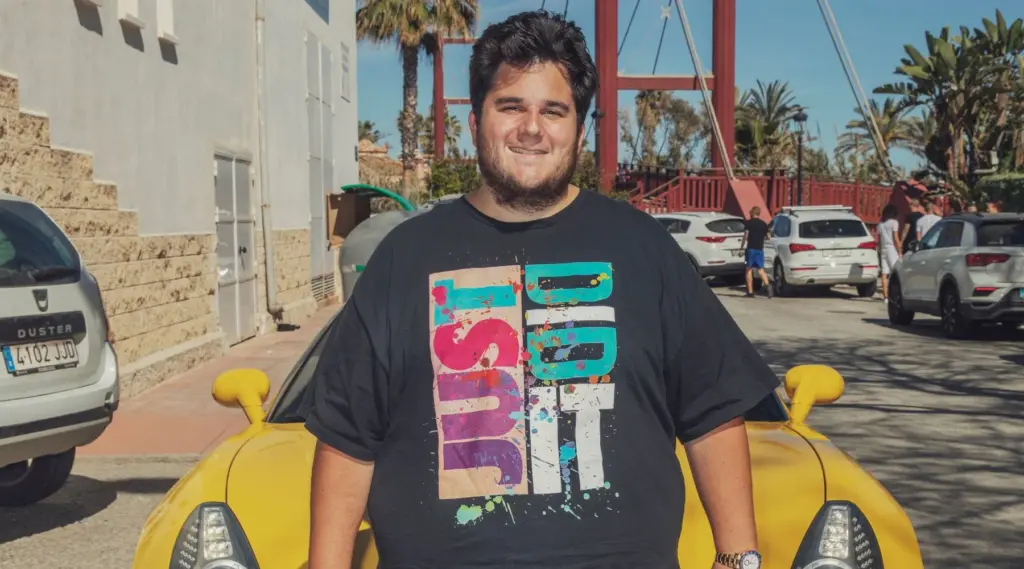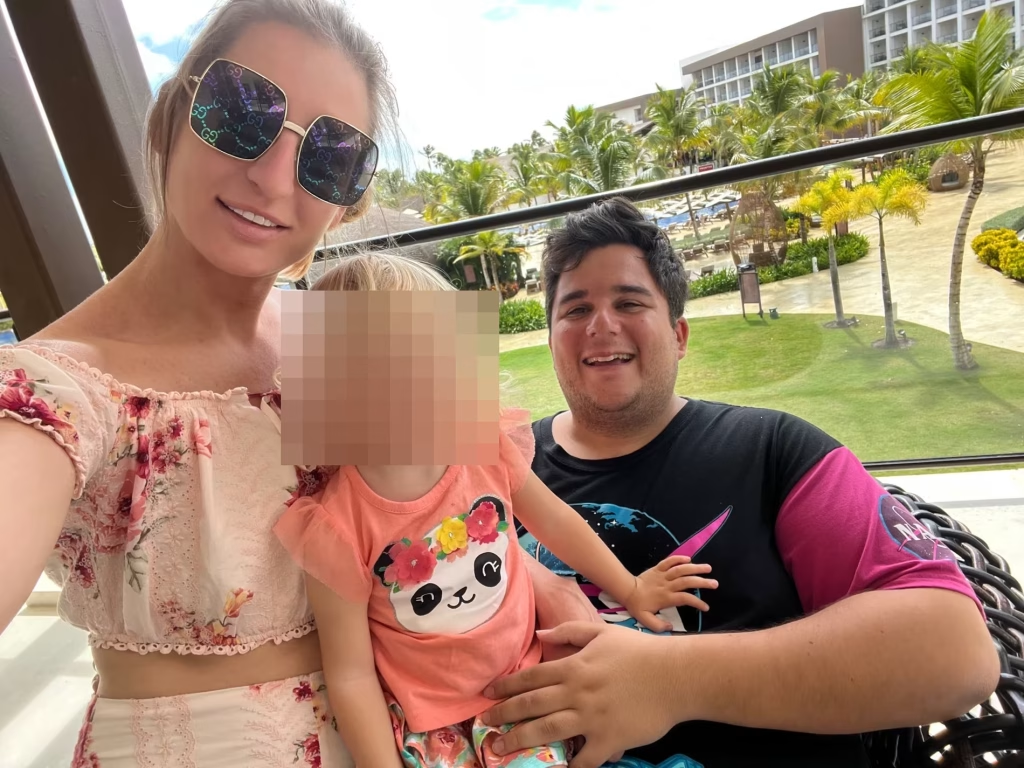Olof Gustafsson, known for his role as CEO of Escobar Inc., is now facing a series of serious legal charges, unraveling the myth he created around his supposed entrepreneurial success. Far from being a genuine business prodigy, Gustafsson built a façade of wealth and success largely through fraudulent activities. His fascination with drug cartels and the infamous Escobar name played a key role in this carefully constructed illusion, which has now led to his imprisonment in Spain, where he awaits possible extradition to the United States.
Constructing the Escobar Inc. Myth
Gustafsson’s rise began with the incorporation of Escobar Inc. in Puerto Rico, where he secured an agreement with Roberto Escobar, the impoverished and visually impaired brother of the notorious drug lord Pablo Escobar. This arrangement allowed Escobar Inc. to use the Escobar name for various business ventures and to pursue legal actions against what they proclaimed unauthorized users. Despite Roberto Escobar’s limited capacity and dire financial situation, his involvement lent a veneer of legitimacy to the enterprise.

Under Gustafsson’s leadership, Escobar Inc. promoted several high-profile and controversial products, such as gold-plated smartphones and flamethrowers. These ventures, combined with numerous lawsuits against major companies like Netflix, Apple, and well-known rappers, kept Escobar Inc. in the headlines. However, the legitimacy of these products and the company’s claims were often dubious, relying more on the shock value and notorious branding than on genuine business innovation, additionally they claimed to have invented bitcoin and being responsible for Donald Trump being elected in 2016.
The Klarna Controversy
One of the most publicized episodes in Gustafsson’s career was his dispute with Klarna, a Swedish fintech company. In December 2019, Escobar Inc. started selling the Escobar Fold 1, a gold-plated version of the Royole FlexPai, through Klarna’s platform. Gustafsson claimed that over 1,000 units were sold within the first three days. However, Klarna soon discontinued their relationship with Escobar Inc. by suspending their account, citing ethical concerns and suspicions that the phones were not being delivered to customers.
In 2020, Escobar Inc. sued Klarna, alleging that the company was withholding €400,000 owed for the sold phones. Gustafsson was confident of victory, even suggesting that a favorable court ruling could delay Klarna’s planned IPO. However, the lawsuit was voluntarily discontinued by Escobar Inc. in April 2021. Despite this, fraud allegations persisted, with reports indicating that no phones were shipped and that 500-600 customers never received the phones they paid for.
Legal Troubles and Arrest
Gustafsson’s legal issues extend beyond the Klarna case. On December 4, 2023, Spanish police raided his home in Marbella, arresting him on charges of serious money laundering, smuggling, fraud, and document forgery. His wife, Svetlana Gustafsson, described the dramatic arrest, where police kicked in their door and handcuffed Gustafsson while their daughter was present. Spanish documents indicate that Gustafsson is also suspected of participating in a criminal organization involved in illegal art trading. Notably, three Picasso paintings were found in the tailgate of his car in France in 2020, although their authenticity remains disputed.
Federal agents from the US Internal Revenue Service participated in the raid, underscoring the international scope of Gustafsson’s alleged criminal activities. He is accused of selling cell phones to hundreds of people who never received the products, which constitutes fraud.

The Fall of a Myth-Maker
Currently held in the Penitentiary Center in Murcia, Spain, Gustafsson is fighting extradition to the United States. He argues that his business dealings, conducted through Swedish companies in Swedish kronor, should be addressed by Swedish authorities. He portrays himself as a victim of unfortunate circumstances, blaming delivery delays caused by the COVID-19 pandemic for the undelivered phones, and insists that
“it is not illegal to do bad business.”
Olof K Gustafsson AKA EL SILENCIO
Gustafsson has even gone so far as to sue the Swedish state, demanding that they intervene to bring him back to Sweden. He claims that if extradited to the United States, he risks life imprisonment in a high-security prison without the possibility of parole. He also asserts that his knowledge of Pablo Escobar’s fortune, including over 320 bank accounts, makes him a target for the US authorities.
Gustafsson’s lies and fall can be compared to that of Lil Tay, the young social media star who created a persona of wealth and success through fabricated stories and ostentatious displays. Like Lil Tay, Gustafsson’s image was built on a foundation of deceit. Both individuals manipulated public perception to craft a myth of success, only for the reality of their questionable activities to eventually catch up with them.









